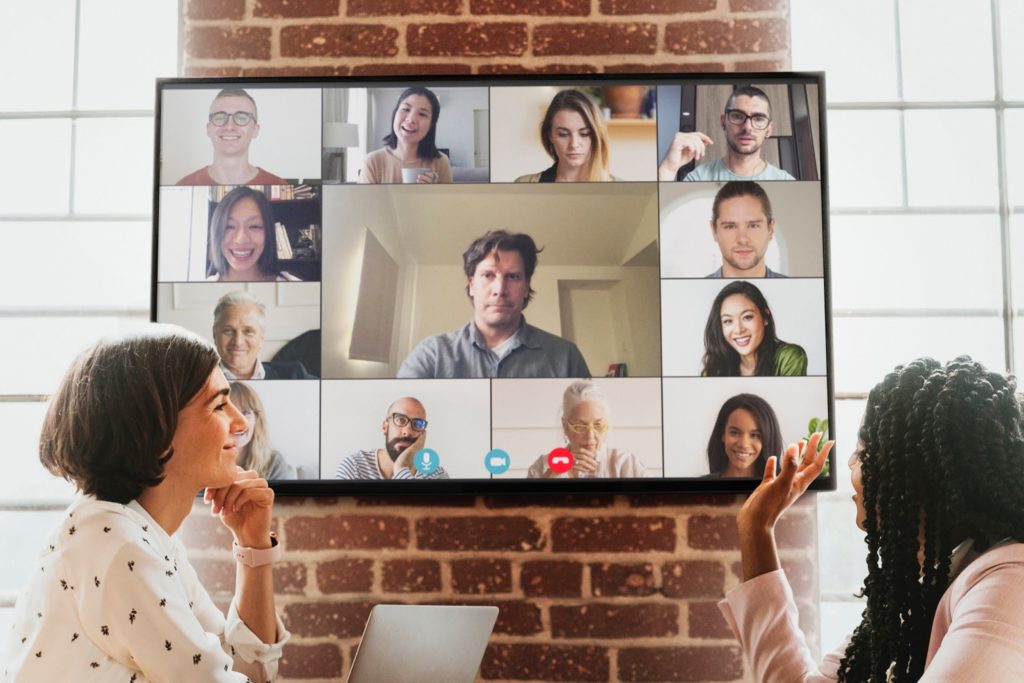If asked, most employees, from senior executives to interns, would probably agree that having a diverse, equitable, and inclusive workplace is a good idea. And it seems that there’s a positive shift in the right direction: many industry-leading companies have pledged to improve their DEI efforts, and there’s been a notable surge in corporate diversity leadership positions. These are welcome developments.
But change can be a slow and difficult process, and nowhere is that more true than in the workplace. In a recent survey, 78% of Black professionals believed that their leaders valued diversity, equity and inclusion – but 40% of those believed that their company hasn’t actually made any changes to reflect that. Across the board, survey after survey reveals the same thing: there’s a disconnect between senior leadership’s DEI training programs and policies, and how employees are actually buying into those. Here are 5 ways that leaders can get their employees to embrace DEI efforts.
The CEO Must Lead From The Top
In a sense, the CEO must be the company’s de facto chief diversity officer. For DEI efforts to succeed, the CEO must be the driving force. CEOs set the tone for the company. CEOs who are not publicly voicing their support for DEI initiatives, who do not make the business case for DEI to employees at all levels, and who do not accept personal responsibility for progress towards DEI goals are setting their organizations up for failure. The CEO must also play a key role in selecting the organization’s chief diversity officer. Too many organizations are content with hiring unqualified candidates into CDO positions. The CEO who holds CDO candidates to the same high standards as they might for any other C-level executive sends a powerful message: that DEI is something the organization takes seriously, has selected the best possible person to lead the organization, and has given this person the trust, support and the means to make change happen.
Get Middle Managers Involved in DEI Efforts
An organization’s DEI efforts will hinge upon how well its managers commit to the cause. It’s important to give them some ownership of the company’s DEI efforts. Middle managers know their employees better than anyone else in the organization. They can identify real-life issues and give feedback on everything that might hinder DEI training, from employees’ attitudes and experiences to work processes that might disrupt or be disrupted by training sessions. Enlisting managers and having them actively contribute to the DEI strategy gives them a sense that they have value and a voice in the process, which in turn will lead to their buy-in and support.
Partner With Your Employees To Give Them What They Need
“Great. Another training program coming down from HR.” That’s a fairly common reaction among all team members – even those who support DEI efforts. Perhaps they’re overloaded with work, and do not have time during the day to spend in another meeting. Perhaps they’ve been through DEI training at a previous company – and nothing good came of it. Listening to what team members have to say about all of it, and folding that feedback into DEI strategy, is the first step in getting them to ally with the organization’s DEI efforts. Here too the opportunity to present tangible goals up front – and follow up with sharing measurable results as progress is made – is critical. “Our goal is to increase the number of women we promote into leadership positions by 50% over the next year” or “We’re looking to offer a set number of work-from-home days per month” are much more powerful statements than “we want women to feel empowered here” or “we value work-life balance”.
Getting buy-in for DEI efforts at all levels of the organization is itself an exercise in inclusion. It requires senior management to partner with everyone in the organization, to listen to their employees’ thoughts, and to develop strategies that reflect their needs.
– – –
I’m Dr. Sangeeta Gupta, and I founded Gupta Consulting Group to help CDOs and HR leaders create and implement DEI programs that meet their organization’s unique needs.
Schedule a conversation with me today to learn more about our DEI solutions.

